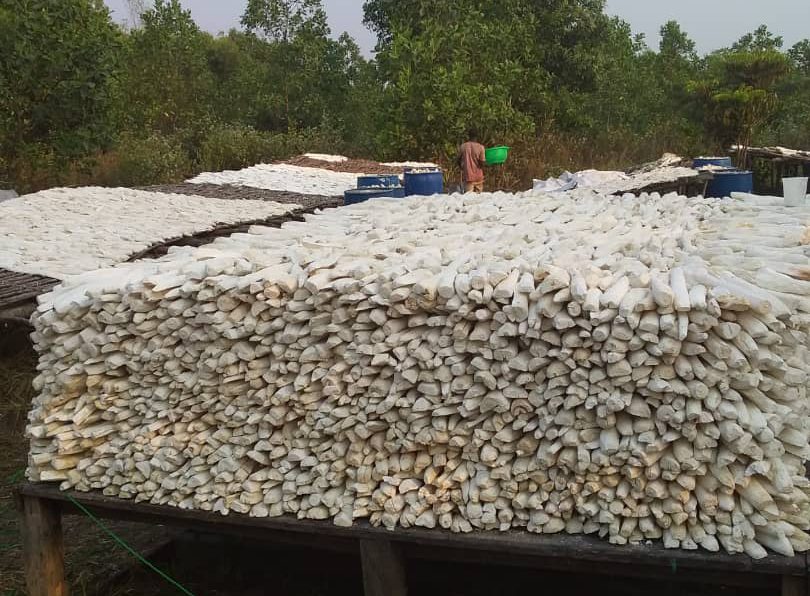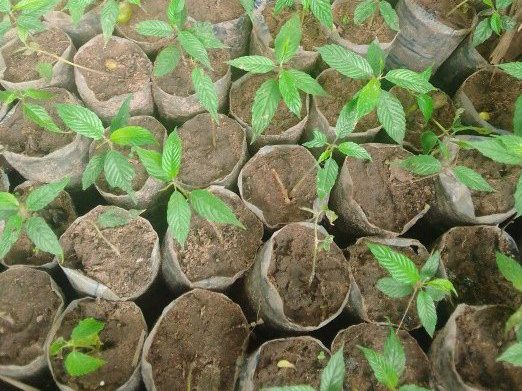Inades-Formation Congo
NATIONAL ASSOCIATION SINCE 1988
Key figures
53,314 people benefited
2018 organizations supported
06 completed projects
Story
Inades-Formation Congo is one of the ten national associations of the pan-African network Inades-Formation, created in 1962 in Abidjan in Côte d’Ivoire.
The actions of Inades-Formation began in 1969 in the Congo. The Center d’Etudes pour l’Action Sociale, CEPAS, would then act as a relay for Inades-Formation in Congo. In 1975, still placed under the supervision of CEPAS, this relay became a National Office. In 1988, Inades-Formation Congo formed a national association and became an autonomous and independent institution of CEPAS.
It acquires civil personality on March 2, 1990, by Presidential Ordinance n ° 90-056 of March 2, 1990.
The National Association Inades-Formation Congo has an executive direction known as the National Direction of Inades-Formation Congo, based in KINSHASA and 2 branches, an intervention team and 2 relay offices namely:
- The KIKWIT branch created in 1991;
- The KASAÏ branch based in KANANGA and created in 1996;
- The KINSHASA team set up in January 2000;
- The Bumba relay office in 2005;
- The Maniema relay office in 2012.
The National Association Inades-Formation Congo has its head office in KINSHASA.
Projects

APECE project

NTSIO agroforestry project

ARCAOP project

ARVS project
The bodies of Inades-formation Congo
1. The General Assembly
The General Assembly is the supreme organ of the association. It determines the general orientations of the activity of the Association and the objectives to be pursued.
2. The Executive Committee
The Executive Committee has the most extensive powers on behalf of the National Association in matters of administration. In particular, it has the powers of:
- Appoint the Director of the National Office and submit it to the approval of the President of the International Association
- Ensure the application of the decisions of the General Assembly;
- Approve the action plan;
- Approve the Annual Work Plan (PTA) and the corresponding budget;
- Read more ….
3. The Supervisory Board
The Supervisory Board has the following missions, among others:
- Monitor the achievement of the Association’s corporate purpose;
- Periodically monitor the Association’s expenses and suggest ways and means of optimizing the budget for overheads;
- Follow the management of the association by the Executive Committee and offer advice for improvement if necessary;
- Ensure the preservation of heritage;
- Ensure compliance with legal and regulatory requirements as well as the decisions of the bodies.
4. The National Office

Mr. KINVULA Norbert
National Director

Mr. MBALA Yves
Antenna Delegate

Mrs. SOMONA Bernadine
Antenna Delegate

Mr. KALAGI Innocent
Administrative secretary

Mr. NYAMABO MBUYI Joseph
Chief Accountant

Mr. MUDINDI Zadin
Assistant Accountant

Mr. KIYANGA Romain
Project Manager

M. MBALA K. Gérard
Former

Mr. MUPASA ISENG Cyrille
Former

Mrs KIKOKO BV Brigitte
Trainer

Mr. NVUMBI MBENZA Ruffin
Former

Mr. MULENDA Emmanuel
Former

Mr. BIYELA VILHENA Serge
Former

Mr. MUKABA T. François
Mechanic driver

Mr. MAWITA Jude
Guardian
Contact Inades-Formation Congo
Phone
+243 151 64 330
Geographic address
BP 5717 Kinshasa
Democratic Republic of Congo
E-mail address
inadesformation.congo@inadesfo.net




